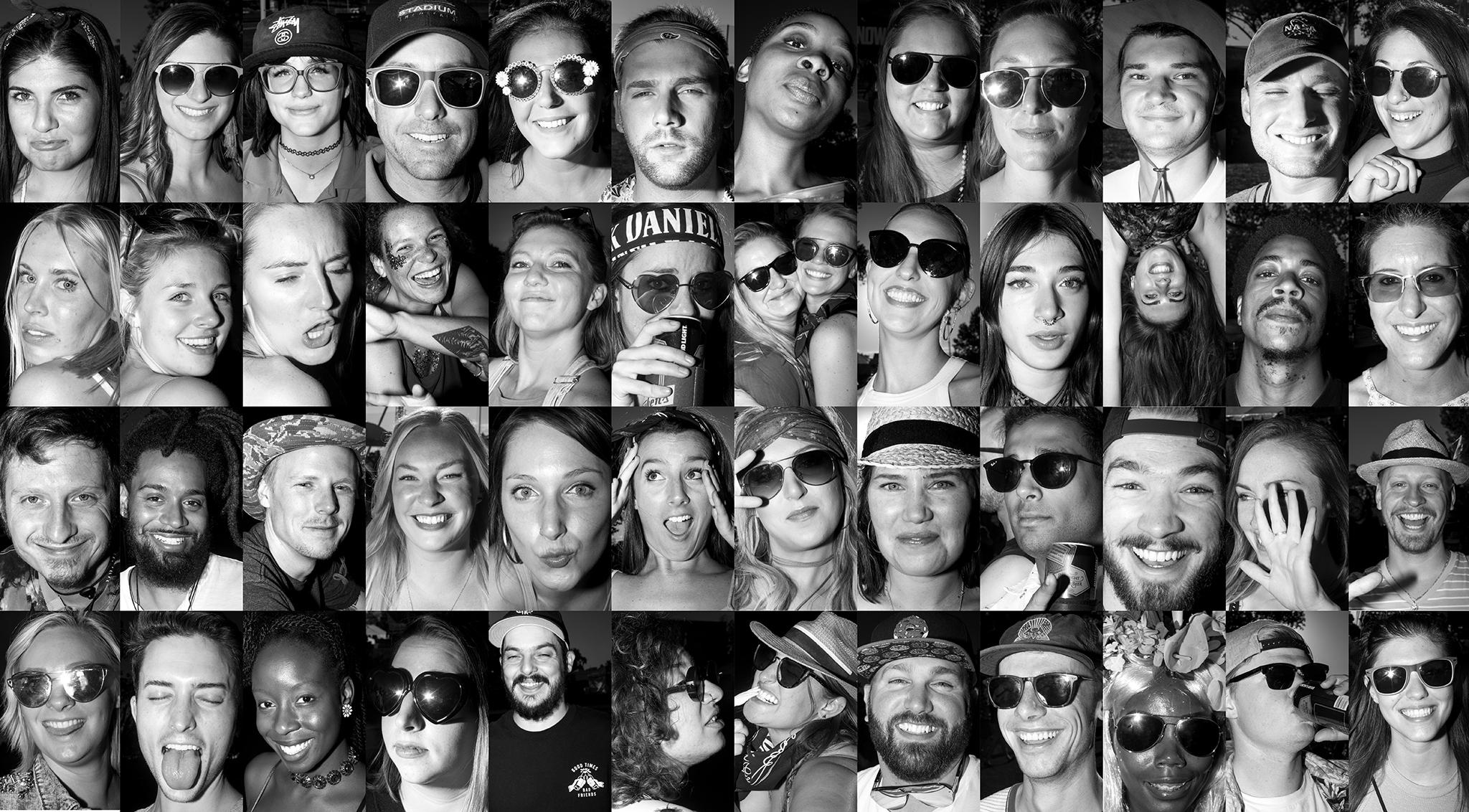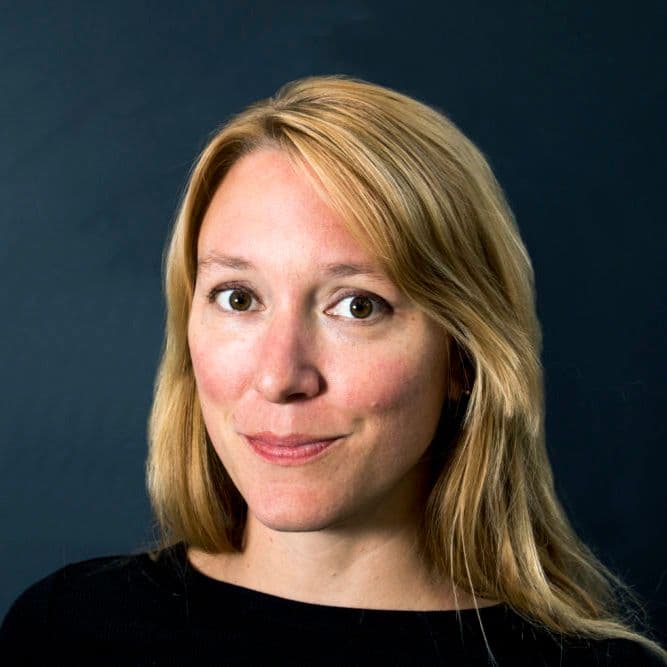About halfway through Phoenix's set on the first day of Grandoozy, frontman Thomas Mars took a look at a lone beach ball bopping over the sweaty crowd before him.
"This is a rock show" and this is the first Grandoozy, the 10-year-or-so veteran of music festivals said. It starts with a beach ball and then someday it's pink flamingo pool floats and it's just like every other major festival. "You don't have to be that."
He's right, in a sense. The festival could be anything and what it becomes is as much up to the people in the crowd as it's up to Superfly, the production company behind Bonnaroo and Outside Lands that birthed this new festival in Denver.
The precedent-setting moment wasn't lost on anyone — not Superfly, not the city, not the attendees and not the residents of the neighborhood that Grandoozy hauled three massive stages and 55,000 people into. The festival's contract could keep it in Denver for five years. What everyone saw last weekend was a glimpse into the future.
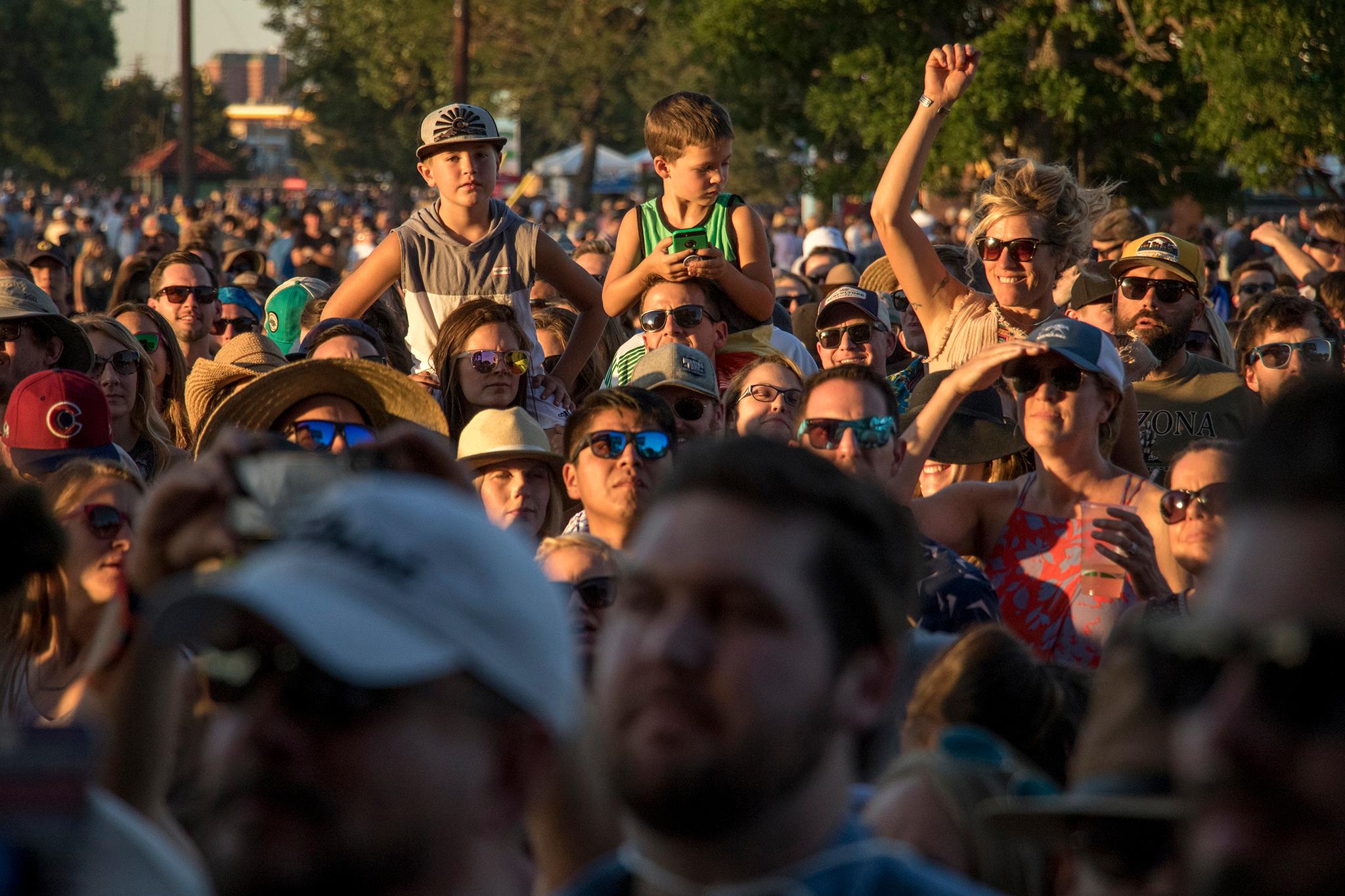
Inside the festival, things appeared to be running smoothly.
Grandoozy provided just about as pleasant an experience as a festival can, even through unseasonable heat that competed with Bonnaroo and Coachella for the title of Hottest Festival Ever. A golf course, it turns out, is a pretty cushy festival environment, with soft grass to sit on and a decent number of trees to sit under.
The festival grounds spanned the equivalent of about five city blocks, which really adds up over three days of walking back and forth, but isn't particularly large. Free water stations were dotted throughout and food and beverage stands were plentiful enough that lines only got a little long in the later hours when day drinkers got hungry and partiers were looking for that final cocktail. Restrooms, too, were numerous enough to keep wait times down, and the flush toilets seemed almost luxurious by festival standards.
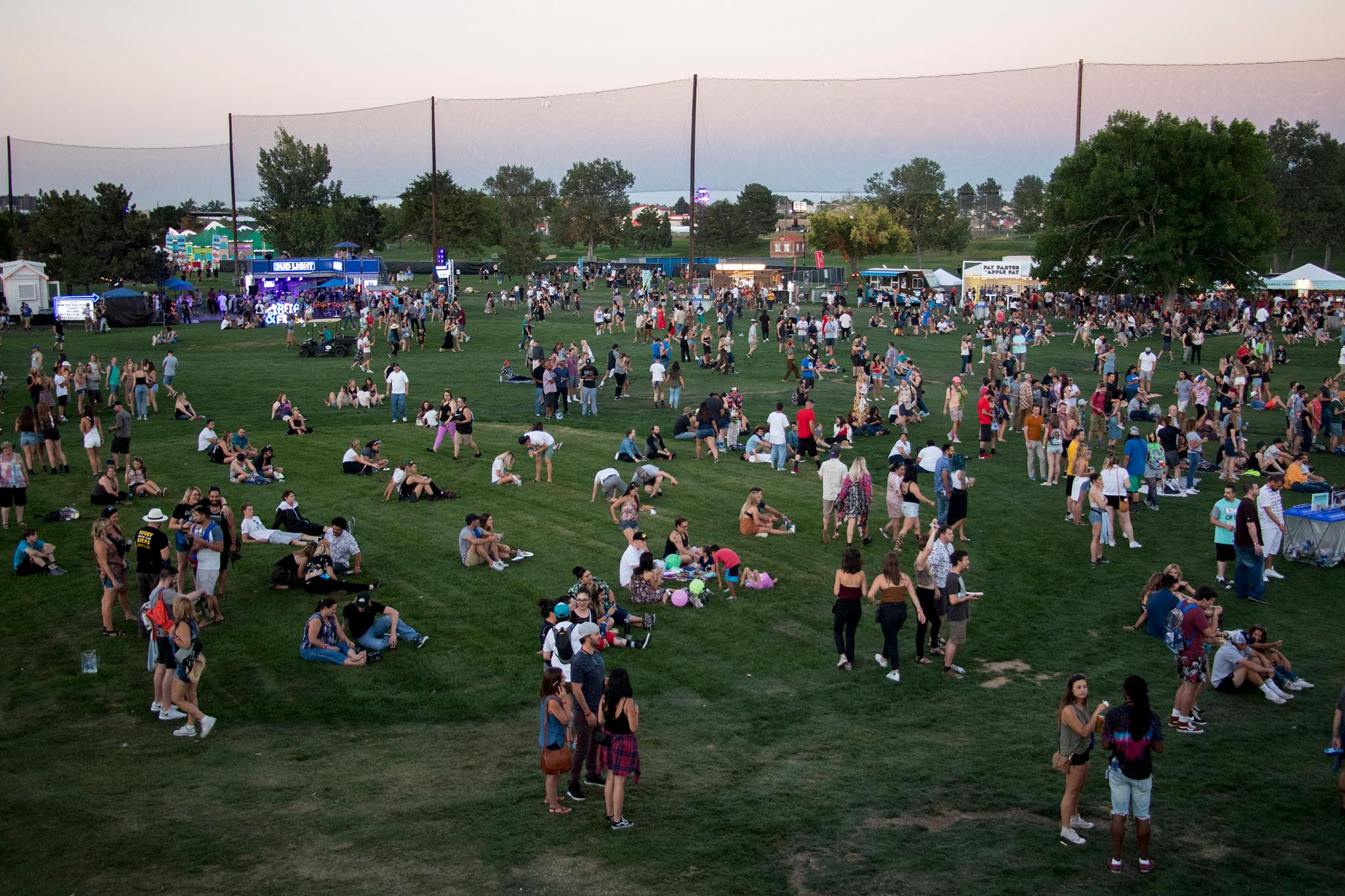
General sloppiness amongst attendees seemed to be pretty minimal. Your reporter only saw one person being helped out of a crowd by medical staff. One person told the Denver Post she saw a fight inside and someone vomiting outside.
Denver Police Department spokesperson Christine Downs said police made one arrest for assault on Sunday and brought two people to detox, both on Friday.
And about that lineup — it was a crowd pleaser.

"The coolest thing about the festival, hands down, is how diverse it is," said Rob Lovell, an Overland Park resident at the festival. "You have a Pulitzer Prize-winning rapper who’s a man of color, you have a female-led rock band that is amazing ... and then you have an artist who is a Hall-of-Fame legend … and he’s also a person with a disability, a person of color. You got the Chainsmokers right before that and you got Logic right before that. There’s been something for everybody."
Also in the mix were country-rocker and noted dad Sturgill Simpson, R&B up-and-comer Kelela (criminally early in the day), sailboat-by-way-of-Denver duo Tennis, indie darlings and music festival etiquette experts Phoenix, and St. Vincent, who we won't dare try to define.
And the diversity of the lineup was reflected in the diversity of the people in the crowd — though as Snow Tha Product pointed out on stage, that diversity doesn't extend to people who can't afford a $250 ticket. But the age range, in particular, was perhaps wider than most major festivals draw. Depending on which sets you caught, you'd see kids who looked as young as 16 or Stevie Wonder fans who saw him for the first time 40 years ago. There was a fair number of families with young kids, too.
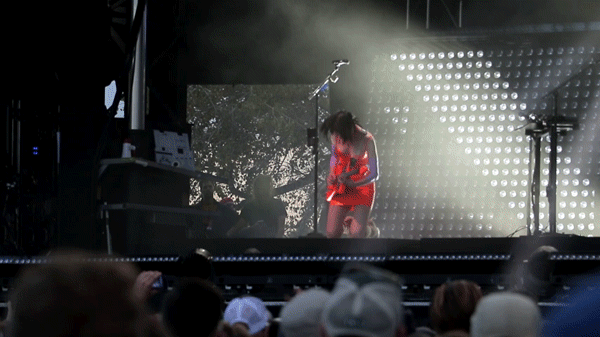
Outside the festival, it was not the massive disruption some had feared.
While there were some reports of problems in the neighborhood, it appears they were few and far between. Neighbors that Denverite spoke to were impressed — and that includes one of the festival's most vocal opponents, Helene Orr.
When Denverite spoke to Orr about the yet-to-be-named music festival last March, she was concerned about the health of the golf course and unruly pedestrian traffic. This weekend, she said, those concerns were well-addressed.
"Having been someone who was really concerned and really strongly opposed — I’m still opposed for a lot of the same reasons I had initially. I’m not opposed because they did a lousy job or there was trash and drunk people," she said. "They get an A. Superfly gets an A."
Lovell lives on Jewell Avenue, just across the street from Grandoozy's south entrance, and on Sunday night he was out on his porch taking a break from the festival, beer in hand. His home, which he shares with his wife, co-president of the Overland Park Neighborhood Association, was strung up with lights and a neighborhood association banner.
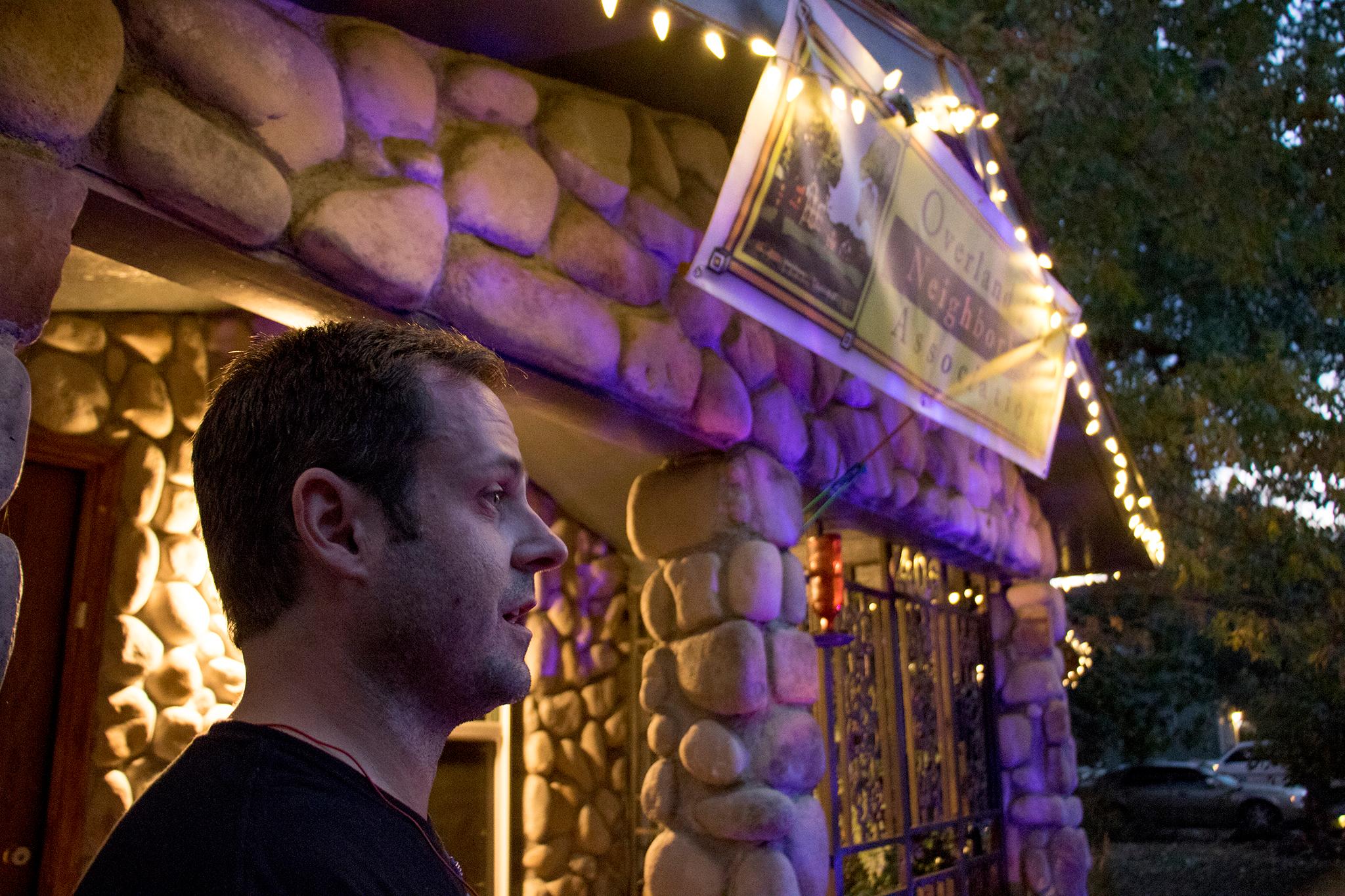
"It’s been fun from sun up to sun down," he said. "... It’s just fun to light it up and show off the neighborhood. And it has gone really well. From 10 to 10:30, yes, it’s a little noisy, it’s a little crowded, people are wandering everywhere, but they’re gone by 10:40. They’re gone."
Sound checks started in the mornings, but he said he didn't mind. Load in and load out were relatively quiet, and everyone in the neighborhood was given parking passes to ensure only they were parking on those streets. When his wife went to the grocery store at 1:30 p.m., it only took her an extra couple of minutes to get back into the neighborhood.
Residents got free passes and Lovell was among those who took advantage.
"It’s good that the festival kind of is taking care of people who might be negatively impacted, but at the same time I would say the majority of the neighborhood is pretty excited to host people, to have a good time," he said. "It’s an area that has a lot of young people, a lot of families that are excited. ... But there are also a lot of older people and the older people are kind of 50-50. We have people that are really into the arts no matter what form that takes, but then we also have some people that are resistant to change and aren’t necessarily into a festival or this type of music or this type of crowd."
In his eyes, this could be the start of something great for Overland Park and the rest of southwest Denver. Between Grandoozy, Levitt Pavilion, Swallow Hill Music and other nearby events and venues, he envisions the area one day becoming an arts and music hub — maybe even a designated cultural district.
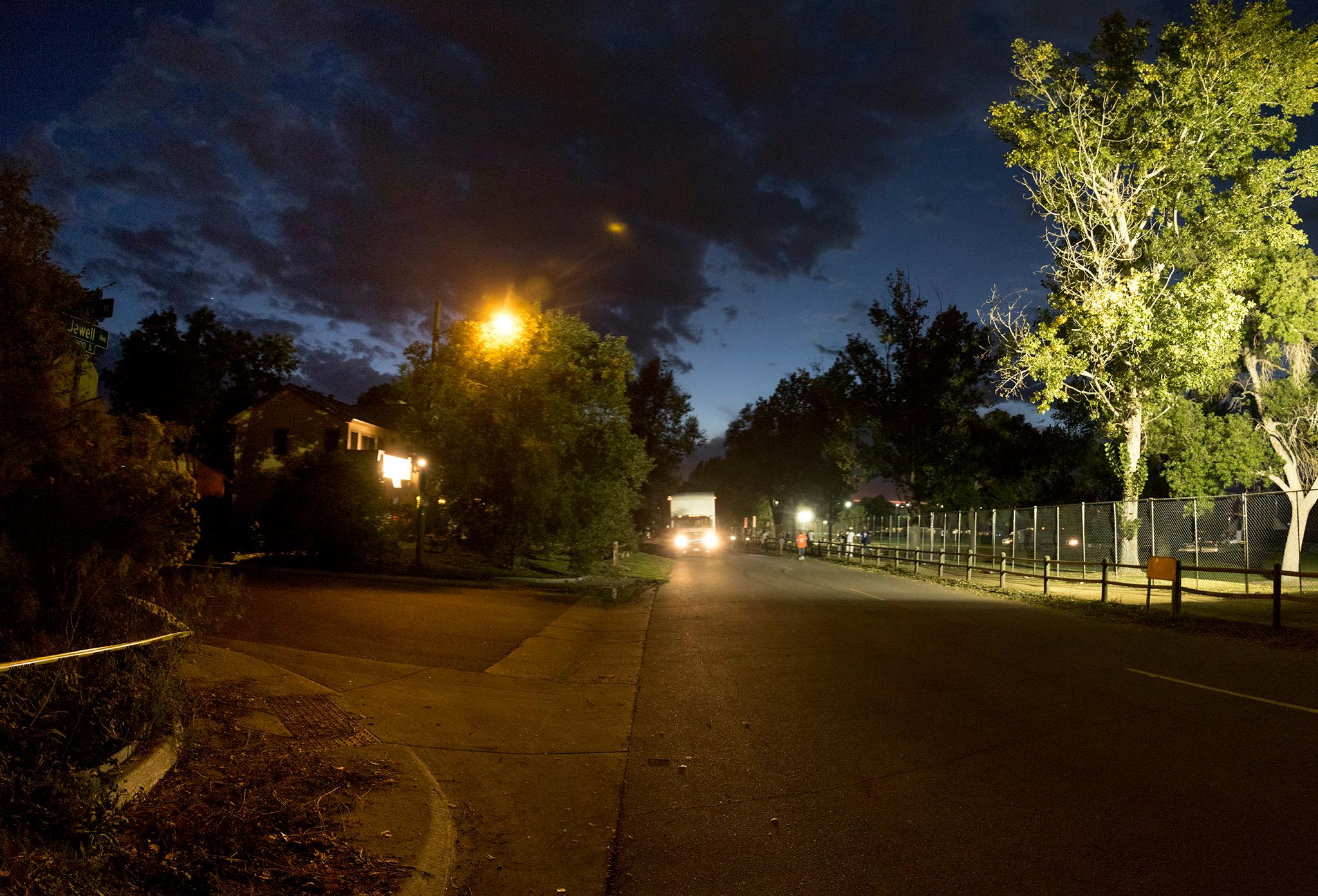
First, there are more immediate things to attend to. Orr is on an accountability committee for the festival and said they'll be having a discussion about any problems they saw or concerns they still have, but that she didn't see any major issues. She heard transportation complaints, but said that's to be expected with an event of this size. Now they'll just be watching to see how the golf course recovers.
"All in all it went really pretty well. It really did. I think Superfly did a really good job — a great job," Orr said. "Not to say it was without glitches, but the main thing is they handled things well when there were issues — Friday night was a little chaotic. [They were] extremely responsive. They were on it. They made adjustments."
Her one big concern now: Grandoozy's projected future attendance of 80,000 might be too much.
Transportation trouble was the big complaint from attendees.
Overland Park Golf Course is not the most accessible location, even if you live nearby. It's bounded by Santa Fe Drive and train tracks to the east, the South Platte River to the west, Evans Avenue to the south and the confluence of Santa Fe Drive, the river and Aqua Golf to the north.
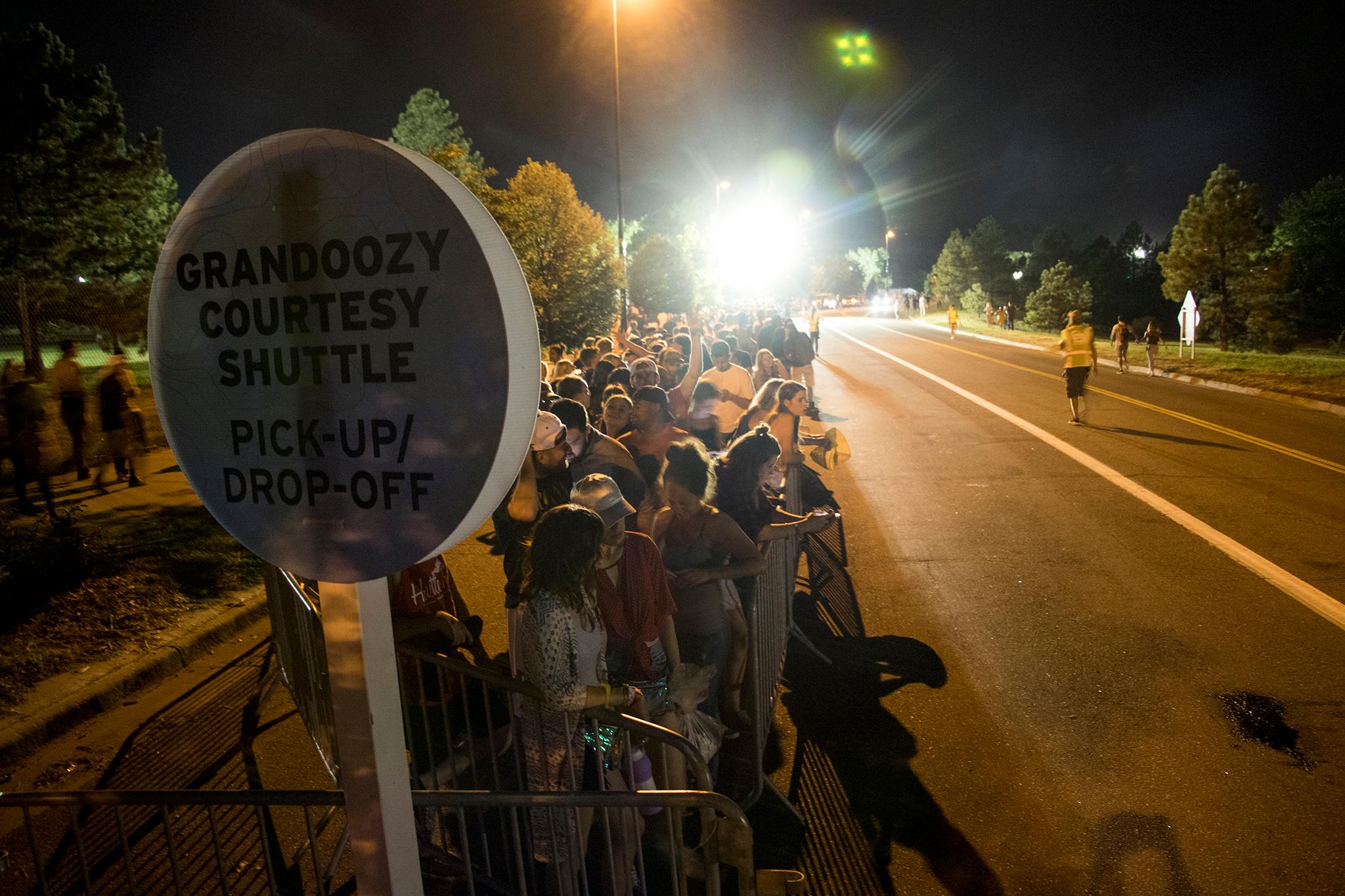
Driving was not really an option. Grandoozy provided shuttles and partnered with Uber for a ride-share pick-up area. Wait times at the end of the night, of course, were long and ride-share costs were high. Meanwhile, the D, F, H and L lines were all closed from 30th & Downing to the Convention Center stop for track replacement work (though RTD has been providing alternative shuttle service) and people were frustrated by the long waits for trains.
RTD and Superfly talked about the possibility of increasing the frequency of service but decided against it, RTD assistant general manager of communications Scott Reed said.
"We made it clear that it was going to be their decision and we would work with them to provide levels of service that we would both agree are appropriate," he said. "We sat down and looked at the carrying capacity of our regular level of service. Plus we agreed that we would add additional train cars. ... It became pretty apparent based on their expectation of about 20,000 attendees a day that we did have sufficient capacity, especially for a first-year event.
"I give tremendous credit to the organizers for working so well with everyone," he said. "Especially for a first-year event, the minimal impacts are quite impressive."
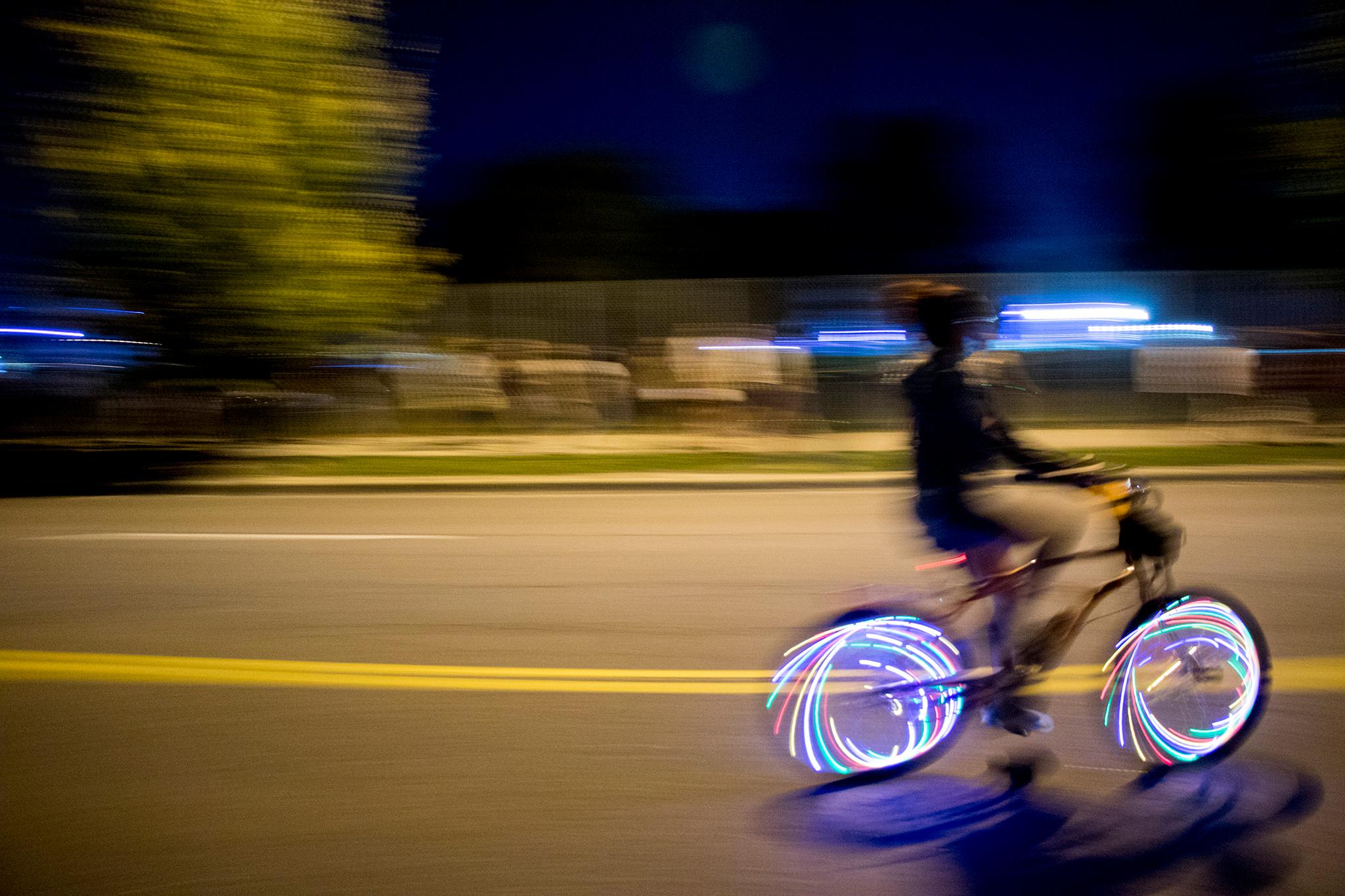
Forgoing public transit and ride-share, a lot of Grandoozy attendees just started walking. Many of them filtered into the neighborhood streets to the south, since that exit was closest to the main stage, and the Evans Avenue bridge over Santa Fe Drive was lined with people who on several occasions ran across traffic. Other exit points nearer the festival had Grandoozy staff directing traffic and preventing this sort of thing. Those that decided to wait out ride-share surge pricing flocked to the nearest bars and restaurants.
Denver Police issued 206 traffic citations over the course of three days. The bulk of those citations — 177 of them — were issued on Friday. They were mostly for "ride-share drivers stopping in non-designated places where 'No Stopping Anytime' signs were posted, thus causing safety issues," Downs wrote in an email. "Additionally, when appropriate, DPD officers advised drivers of this unsafe behavior, in lieu of citations." One citation on Sunday was for driving under suspension.
Overland Park and its golf course got trampled all over — now what?
Superfly is responsible for damages and repairs at the Overland Park Golf Course. Its contract with the city included a $50,000 damage deposit and required that it use "high-quality, specially designed equipment to minimize damage to the grass and turf" and leave the park in at least as good condition as it was before load-in.
Last year, a Denver delegation including golf course managers and Denver Parks and Recreation Executive Director Happy Haynes visited the site of Outside Lands, Golden Gate State Park in San Francisco, and were convinced the turf could be successfully restored.
Load-out and restoration are expected to take three weeks, and Superfly is contractually obligated to pay $5,000 per day for every day over or under five weeks that the golf course is closed.
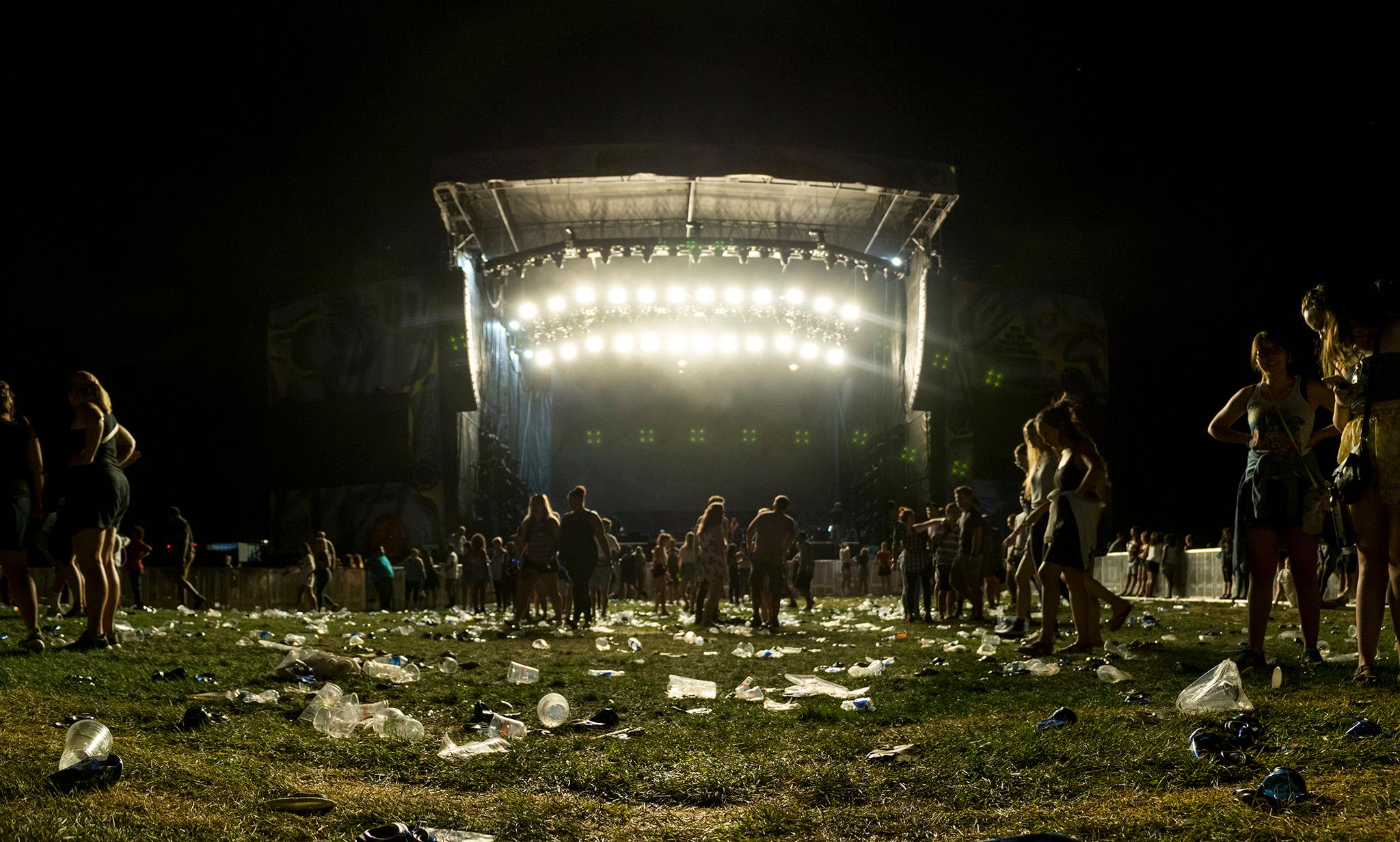
And that's not the end of Superfly's obligation to the city. Here's what else the contract stipulated:
- $200,000 base rent to the Golf Enterprise Fund
- About $180,000 to $420,000 per year to build golf infrastructure — $2 per ticket
- About $1 million to $2 million per year into the city’s general fund — that’s 10 percent of ticket revenues, the standard tax on tickets in Denver
- About $100,000 to $200,000 per year for community improvements — $1 per ticket
- $25,000 that will fund a discount for golfers who will play a different course while Overland is closed
Superfly also paid for all utilities it used and for the city's direct labor costs, which include paying park rangers and maintenance staff. The city agreed to waive up to $200,000 for police, fire department and trash services.
Orr said she took a walk through the grounds early on Sunday and didn't see any cause for concern.
"When I walked through yesterday, it looked like the trees, which were a huge concern of mine, were pretty well protected," she said.
She thinks they'll be done with load-out in less than the allotted three weeks time, and a semi-truck driver she spoke to said the mainstage will probably be down by tomorrow.
Still, it'll be some time before we see how the golf course bounces back. Denverite will be checking in on the park (so email us at [email protected] if you're an Overland golfer with observations) and what the city does next with all those Grandoozy dollars.
